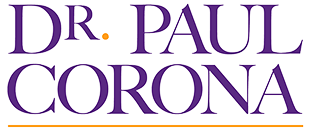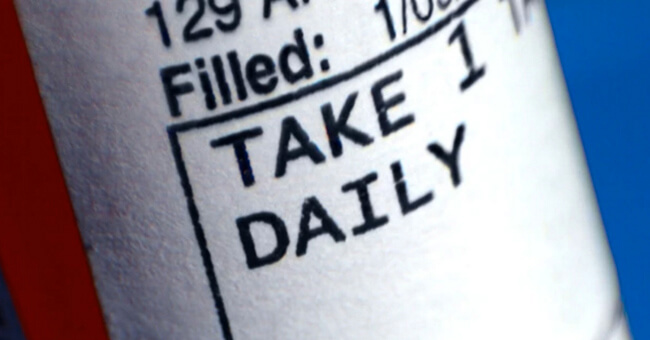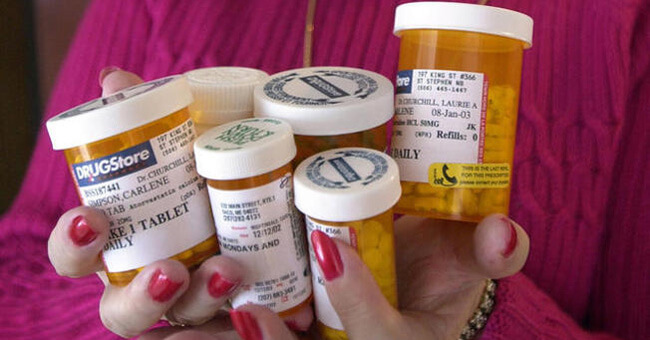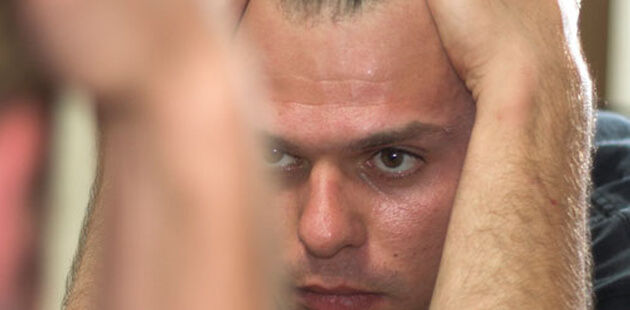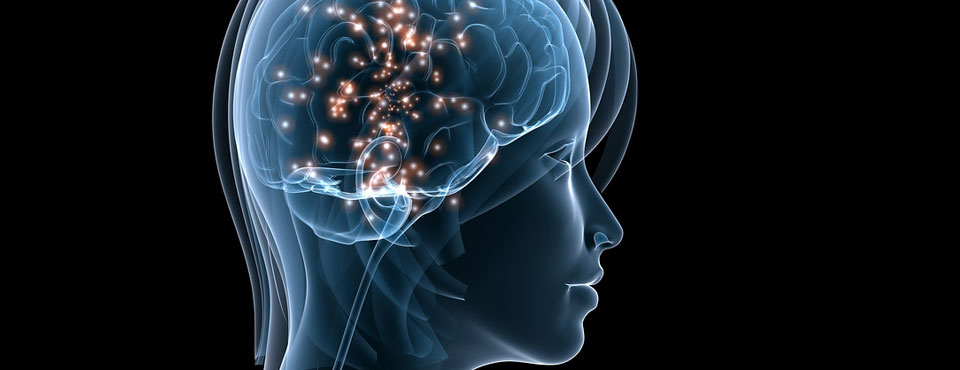The Dr. Paul Show – Addiction Part 9 – Episode 38
In Addiction part 9, Dr. Paul continues to discuss treatment strategies for addiction, both getting sober and staying in sobriety. He discusses different treatment options, and discusses the different from quick fix Band-Aid medications but only three symptoms and psychotropic medications which are nonaddictive and treat the underlying problem that leads to addiction. He discusses the … Read more
